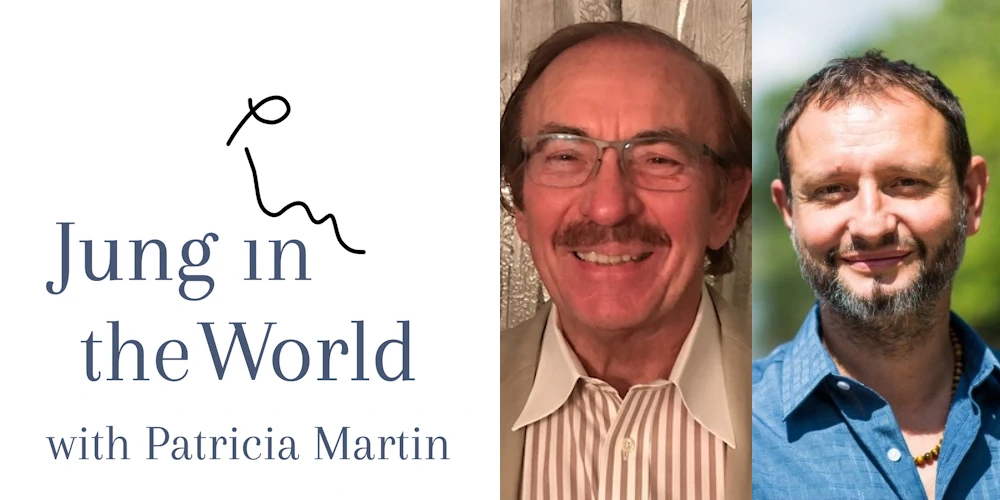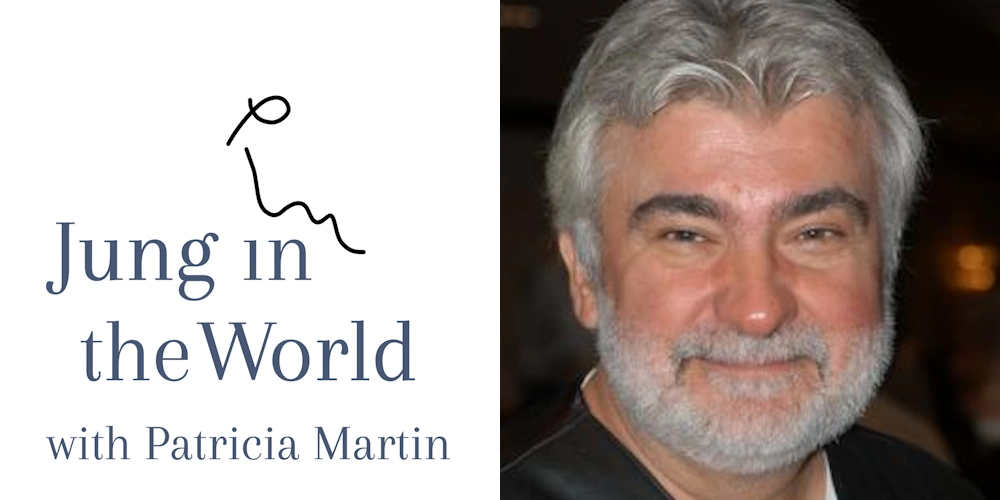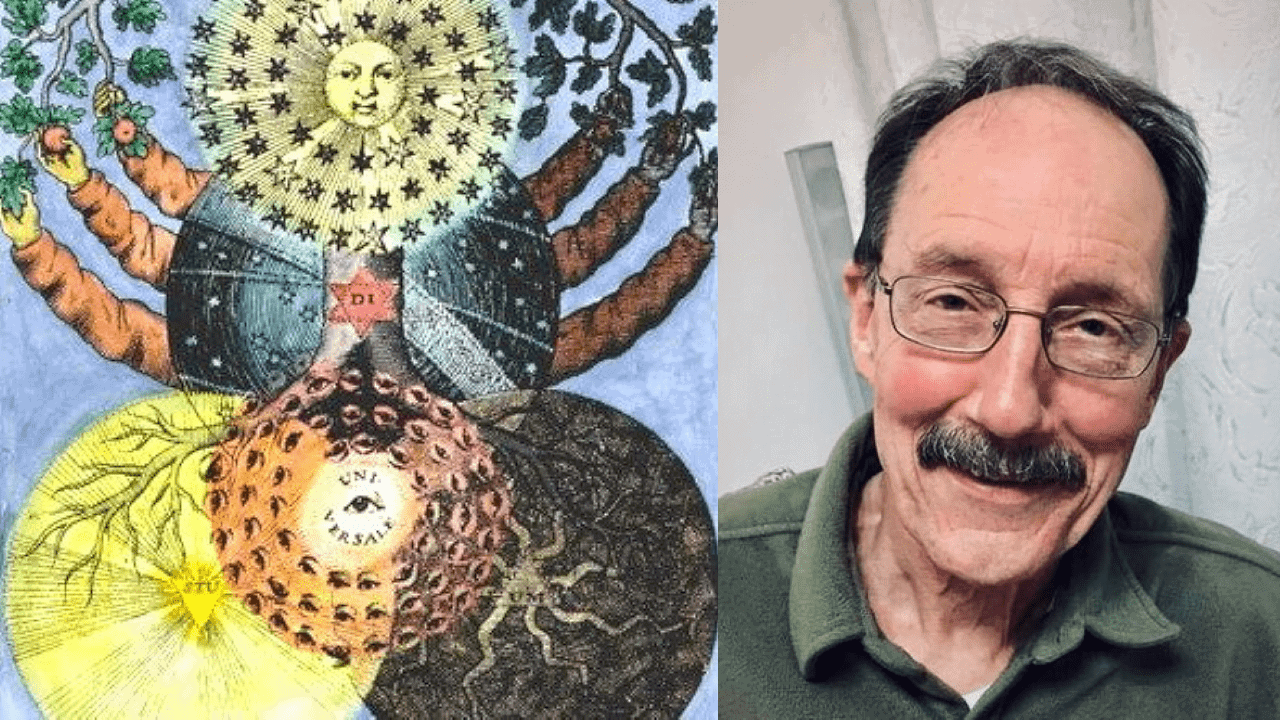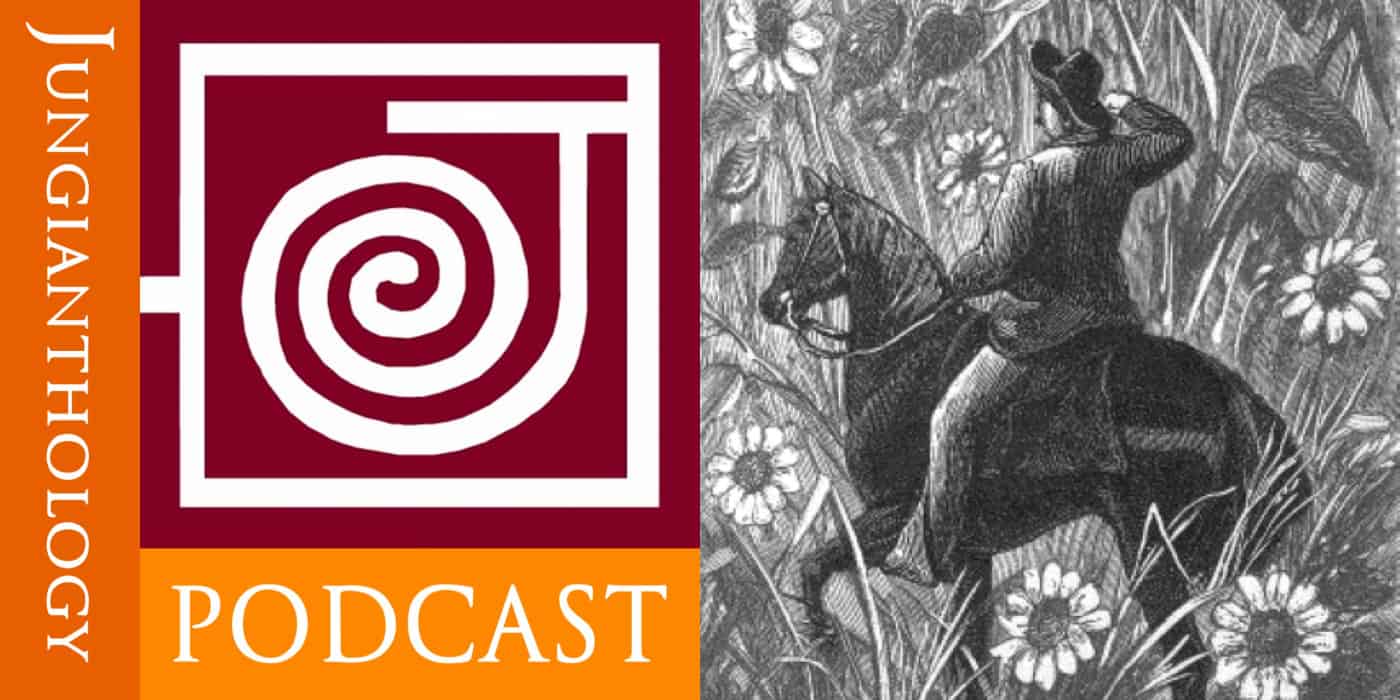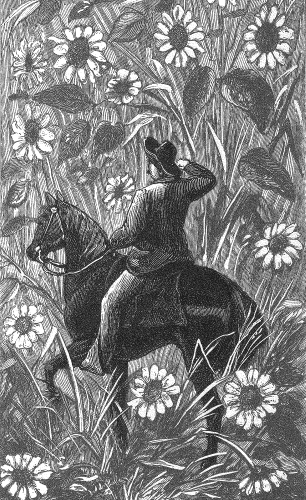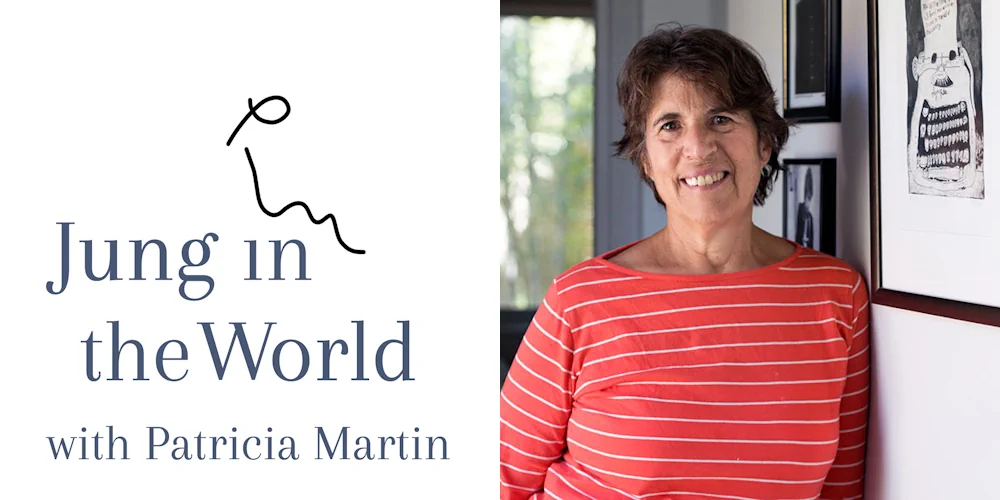
Jung in the World | Tell Me Something Beautiful: An Interview with Natalie Goldberg
Podcast: Play in new window | Download (17.1MB)
Register for Patricia’s In-Person Writing Workshop “The Inner Prompt”
Bestselling author and practicing Buddhist Natalie Goldberg joins Patricia Martin in a discussion about the healing properties of writing and how it helped her heal from cancer.
(more…)

